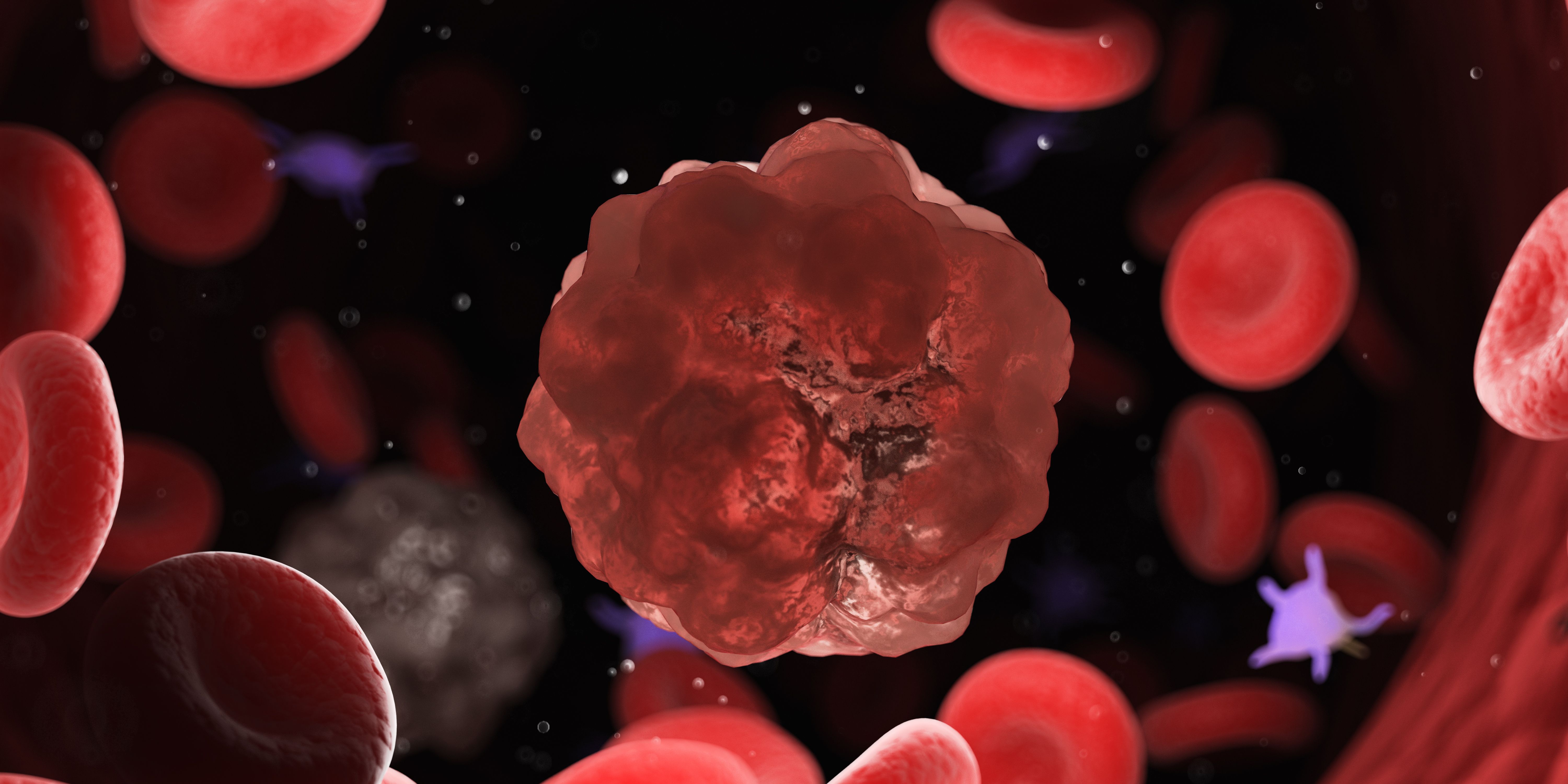SLS009 Scores Rare Pediatric Disease Designation in ALL
The FDA granted a rare pediatric disease designation to a promising new drug, SLS009, for the treatment of pediatric leukemia.

- The FDA has granted SLS009 (formerly GFH009), a rare pediatric disease designation (RPDD) for the treatment of pediatric patients with acute lymphoblastic leukemia (ALL).
- SLS009 is a highly selective CDK9 inhibitor.
- With this RPDD, SLS009 is eligible to receive a priority review voucher (PRV) after it is approved. This voucher can be sold to other companies, potentially expediting their own drugs’ FDA review processes.
The FDA has granted a RPDD to SLS009, a highly selective CDK9 inhibitor, for treating pediatric patients with ALL.1
SLS009 is a potential first- and best-in-class, highly selective, differentiated small molecule CDK9 inhibitor. The agent has shown reduced toxicity and increased potency vs other CDK9 inhibitors.
In clinical trials, SLS009 has demonstrated a high response rate when used for the treatment of patients with acute myeloid leukemia (AML) who have unfavorable prognostic factors, including an ASXL1 mutation. The agent has also shown to have a favorable safety profile. To date, there has been a complete absence of any nonhematologic clinical higher-grade toxicities.
“We are pleased that the FDA has granted rare pediatric disease designation to SLS009 for the treatment of pediatric ALL, the most common cancer diagnosed in children,” said Angelos Stergiou, MD, ScD hc, president and chief executive officer of SELLAS, in a press release. ”We remain steadfast in our commitment to advancing SLS009 through the clinical development process across multiple indications and striving to improve the lives of patients, including children, and their families affected by ALL. We look forward to exploring SLS009 as a potential treatment option in pediatric ALL and this designation will significantly help expedite clinical development.”
3D rendered medically accurate illustration of a cancer cell: © sciepro - stock.adobe.com

In the future, if a new drug application for SLS009 is approved for the treatment of pediatric AML, the company may be eligible to receive a PRV.This PRV can be saved to receive a priority review for any subsequent marketing application. PRVs can also be sold to other sponsors to expedite their drug development.
Previously in October 2023, the FDA granted SLS009 an orphan drug designation for the treatment of relapsed/refractory AML. Then in January 2024, the FDA granted a fast track designation to SLS009 for the same indication.2,3
Also in October 2023, SLS009 received a fast track designation for patients with relapsed/refractory peripheral T-cell lymphoma in October 2023.4
About the Phase 1/2a Study of SLS009
In a phase 1/2a study, investigators are assessing SLS009 in 2 dose-escalation groups to determine its safety, tolerability, and antitumor activity when given as a single agent.5
Group 1 includes patients with relapsed/refractory AML, and group 2 consists of patients with relapsed/refractory lymphoma. Then, the dose-expansion portion of the study will include 5 cohorts and will assess the safety, tolerability, and antitumor activity of SLS009 when given in combination with venetoclax (Venclexta) and azacitidine in patients with relapsed/refractory AML that has relapsed on or are refractory to venetoclax-based regimens.
Male or female patients aged 18 years and older and pediatric patients aged 12 to 18 with a body mass of ≥40 kg are eligible for enrollment in the study if they have cytological or histologically confirmed relapsed/refractory hematologic malignancies. Hematologic malignancies can include lymphoma, which consists of 1 or more measurable or evaluable lesions as defined by the Lugano (2014) response criteria. Further, patients must have received at least 2 prior lines of systemic therapy. For group 3 only, patients can have AML that has relapsed on or is refractory to venetoclax-containing regimens.
The primary end points of the study include evaluating the incidence dose-limiting toxicities and adverse events. Secondary end points include pharmacokinetics, overall response rate, duration of response, progression-free survival, and overall survival.










